New research has found that avoiding meat is one of the biggest things an individual can do to reduce their personal environmental impact, but not everyone can face the prospect of life without the sizzle of a juicy burger on the barbeque, blood oozing out after that first satisfying bite. A still growing cohort of food tech start-ups, including Beyond Meat, Impossible Foods and Moving Mountains, have been working away in their labs to make sure they don’t have to.
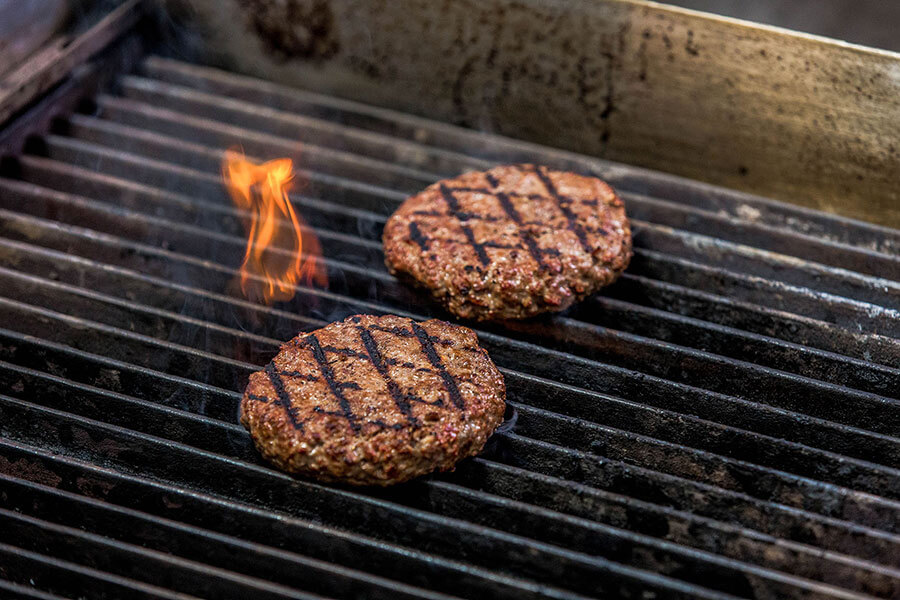
The market for plant-based meat substitutes is increasing steadily | Image: Impossible Foods
Their vegan burgers are made up of a combination of plant-based proteins and unexpected ingredients that mimic the flavour, texture – and even bloodiness – of real meat.
Plant-based burger: less calories, less greenhouse gases
But while they may look, smell, taste and even sizzle like the real thing, they’re produced with a fraction of the negative environmental impact that comes from farming livestock, a process that’s recently been shown to provide only 18% of calories and 37% of protein while using the vast majority – 83% – of farmland and producing 60% of agriculture’s greenhouse gas emissions.
For this reason, the market for plant-based meat substitutes is fast on the up, according to the Plant Based Foods Association. And much of the demand is coming not from vegetarians and vegans, but from carnivores keen to cut down their meat intake due to concerns about the environmental and health impact of their diets.
Sieh dir diesen Beitrag auf Instagram an
What is plant-based meat and where to buy it
But let’s get down to the bare bones of the beef-free burger business and find out who sells plant-based meat, where you can buy it and how its three main purveyors stack up in the ingredient department.
Beyond Meat Burger
The main ingredient in the Beyond Burger is pea protein, an extract of yellow peas, which the US-headquartered company currently sources from Canada and France. The burger, which is pink prior to cooking, also contains canola oil, coconut oil and beet juice extract, so it bleeds when you cut it, just like the real thing.
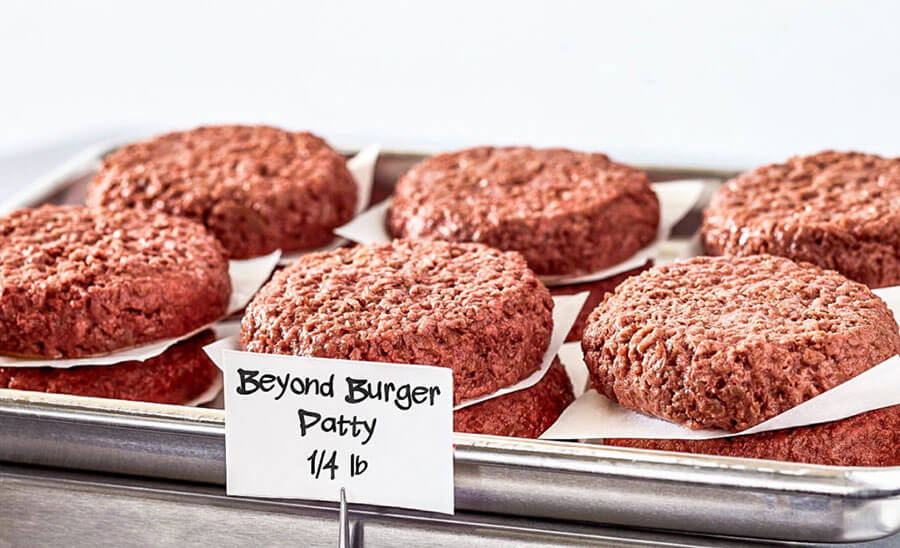
Image: Beyond Meat
Since its debut in 2016, more than 25 million Beyond Burgers have been sold. Along with being available in the meat case at more than 12,000 grocery stores, it is also sold on the menu at more than 11,000 North American restaurants including TGI Fridays, Epic Burger and A&W Canada.
Beyond Meat has expanded to Europe, China and even Australia via contracts with several distributors. It has had strong interest for European and Asian grocery and restaurant chains and partners with several big chains worldwide, e.g. KFC, PizzaHut, etc.
Impossible Foods Burgers
Run by a former Stanford University biochemistry professor, Impossible Foods promises that its plant-based burgers look, smell, taste and even sizzle like real beef patties.
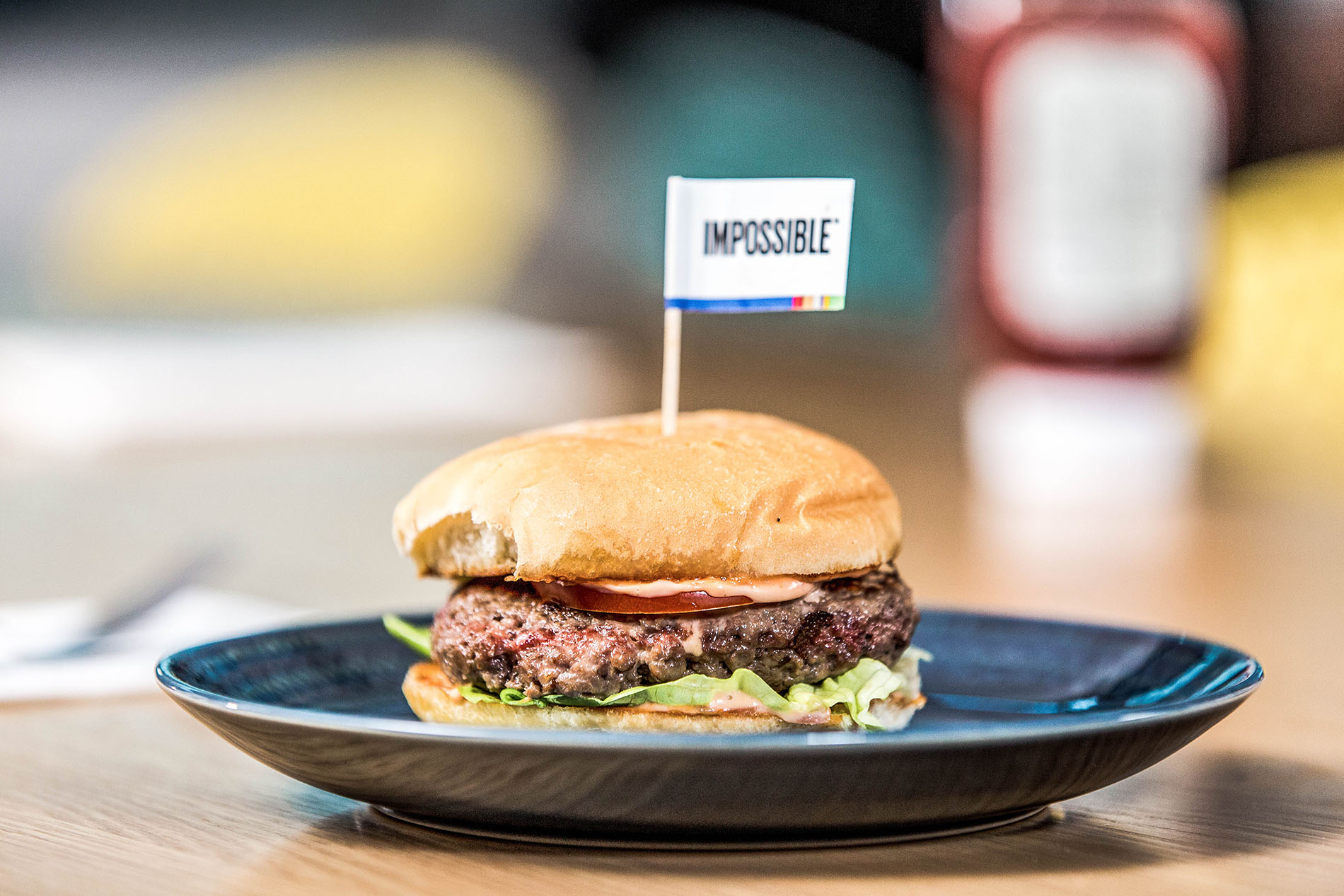
Impossible Food’s plant-based burger | Image: Impossible Foods
They are made from: soy and potato protein, which deliver ‘meaty chew and essential nutrition’, heme, the same molecule that makes meat a great source of iron and also provides its unmistakeable flavour; coconut oil and soy, to give the burger its sizzle; and konjac and xanthan, which bring it all together.
The Impossible Burger is currently available in the US, UK, Australia and New Zealand, UAE, Hong Kong, Macau and several further countries. The company is currently focusing on expanding in Asia, as it accounts for 44% of the world’s demand for meat.
Moving Mountains Burger
It took over two years in a lab and more than 100 test-kitchen recipes to create the final formula for UK-based Moving Mountains’ B12 flexitarian burger.
Sieh dir diesen Beitrag auf Instagram an
The main ingredients are a base of coconut oil, which provides a fatty satisfying consistency, beetroot juice, which allows a juicy ‘bleed’ at the centre of the patty, a mix of mushroom, wheat and soy proteins to provide a succulent texture, and added Vitamin B12 for extra nutrients.
‘Barely distinguishable’ from a beef burger, the Moving Mountains burger is currently being served up at restaurants across the UK including Harvester, The Alchemist and Ed’s Easy Diner. In addition, retailers across the world began stocking products from Moving Mountains, e.g. Coop (Switzerland), Spinneys (Dubai), Sklavenitis and My Market (Greece), Green Common (China & Hong Kong), Waitrose, Amazon (Prime Now and Fresh UK) and Ocado (UK).
Questions of carbon
The key selling point of plant-based meat is that you get the satisfying sizzle of a real burger, while taking a relatively low personal toll on the environment. And both Beyond Meat and Impossible Foods have carried out life cycle assessments to prove it.
Sieh dir diesen Beitrag auf Instagram an
While producing a Beyond Burger requires 99% less water, 93% land, 90% fewer greenhouse gas emissions and nearly 50% less energy than a 1/4lb beef burger, one Impossible Burger has been shown to save the equivalent of 75 square feet of land, half a tub of bathwater and 18 miles of emissions in a car, compared to a burger made from cows.
Will Nicholson is a food sustainability expert at the Food Climate Research Network and the Food Foundation, where he heads up the Plating Up Progress project, which aims to define usable metrics for assessing food industry progress in delivering sustainable and healthy diets. He confirms that the carbon footprint of a plant-based burger will be lower than its meaty equivalent, even if some of the ingredients – such as pea protein – have to be imported and travel thousands of miles before reaching the customer’s plate.
Another criticism that’s been levelled at plant-based burgers is that the production processes required to turn plant protein into something that resembles meat are energy-intensive. Nicholson says it’s too early to tell whether this is going to be a problem.
“It’s such a new emerging sector that there are almost an infinite number of viable ways to produce [plant-based meat] and there isn’t really a profile for how energy-intensive the process is,” he explains. “It could be an issue if these products turn out to be incredible energy-intensive to produce at scale, but you can level that argument against an awful lot of processed food that we quite happily guzzle.”
All told, although plant-based burgers may not be as environmentally friendly as a plateful of locally sourced veggies, Nicholson believes there is certainly a role for them within our food system.
“The need for change is sufficiently great that every little bit is going to need to make a contribution,” he concludes. “New dietary guidelines recommend 14g red meat a day and 29g of poultry, which is not a lot. Something’s got to plug that gap and I’d argue that looking at these meat-free alternatives is something we have to accept we’re going to have to do.”
Read part II:


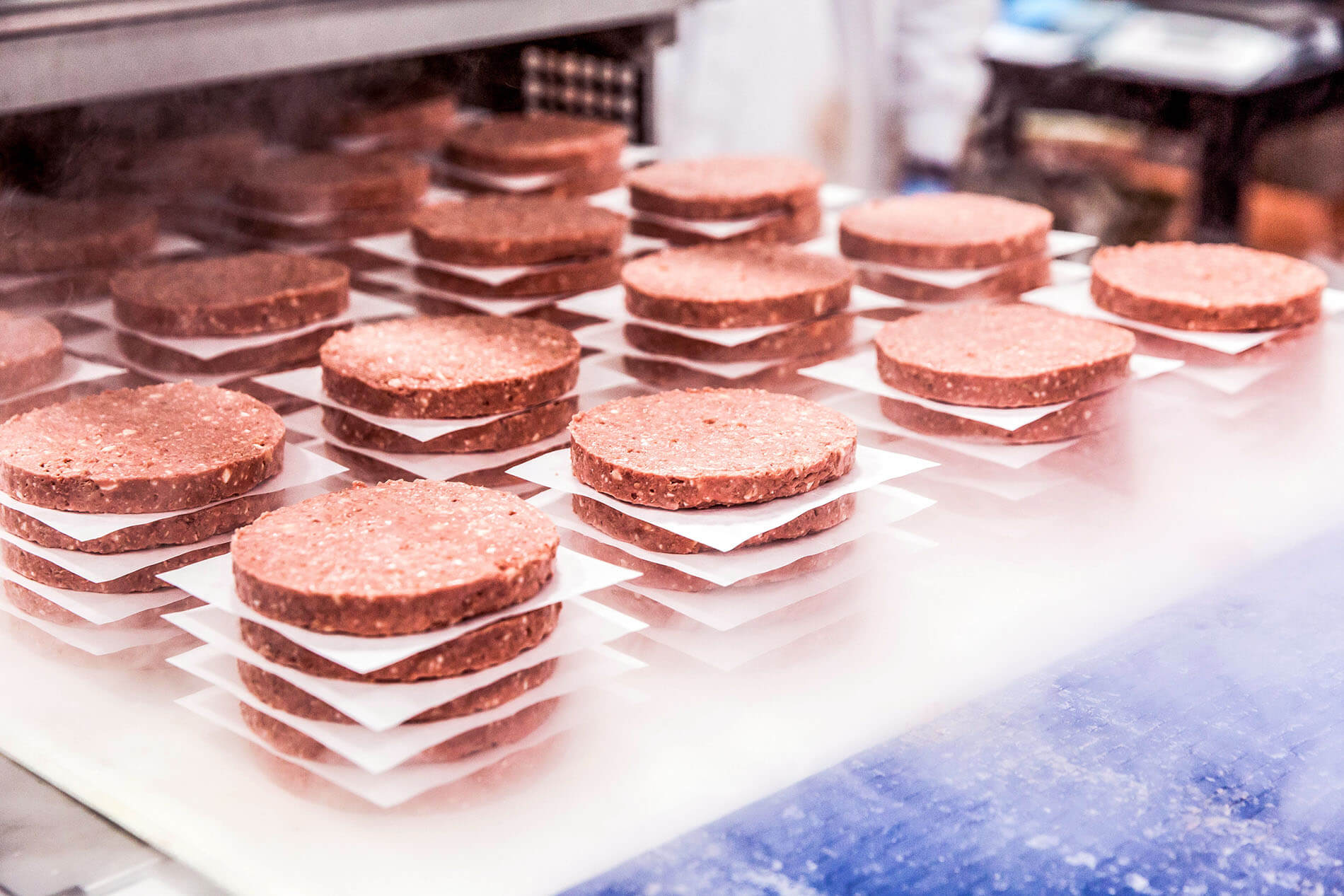

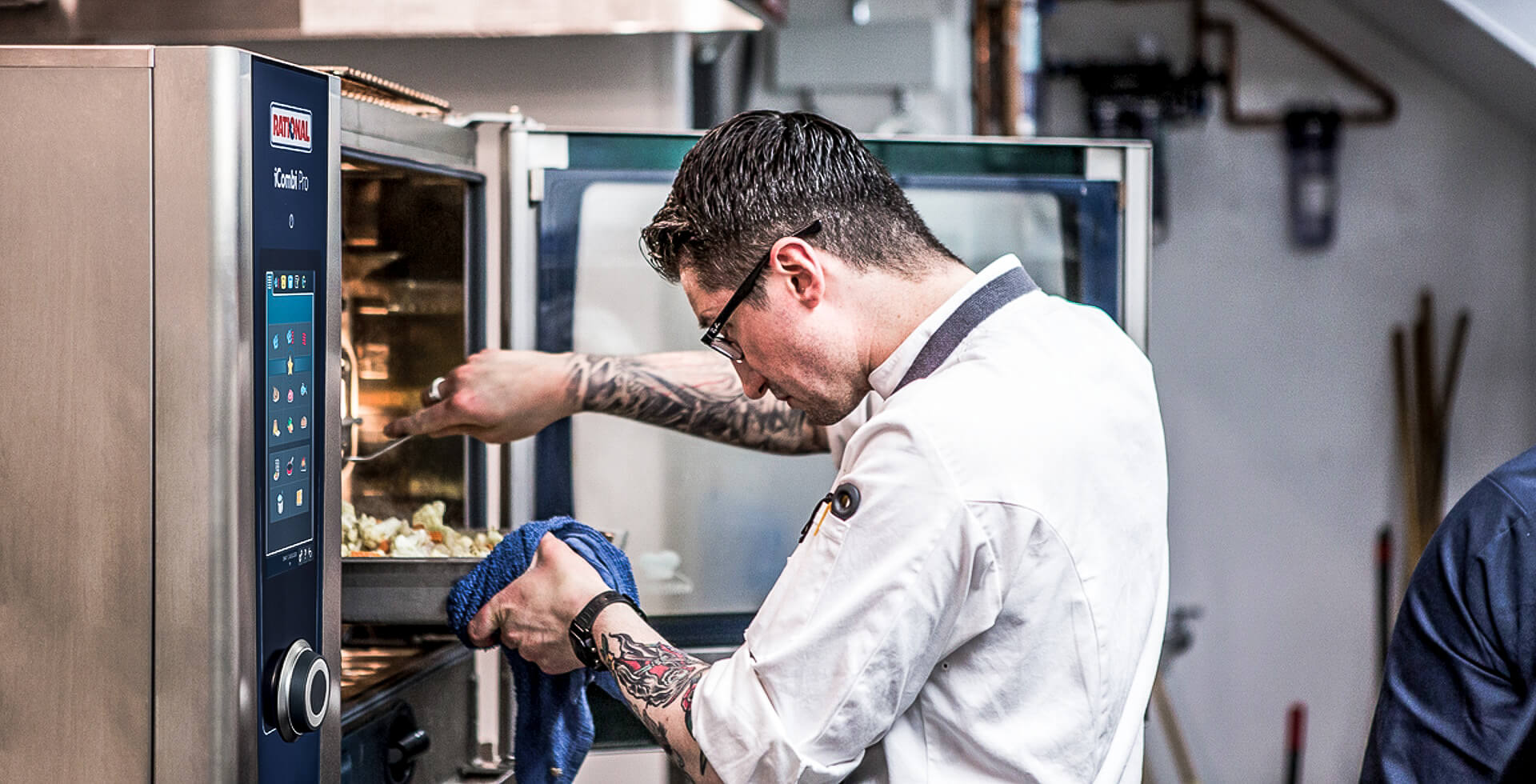




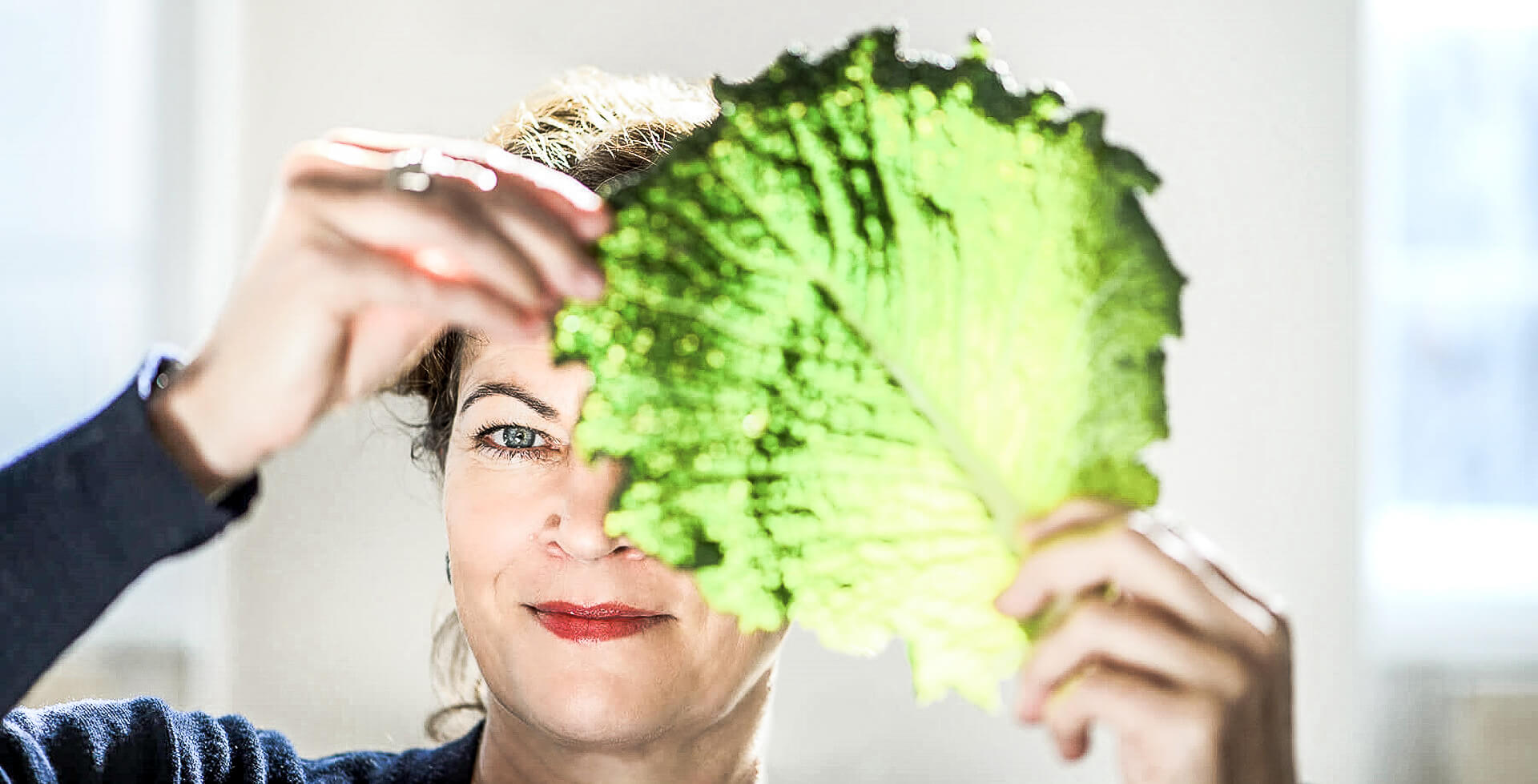





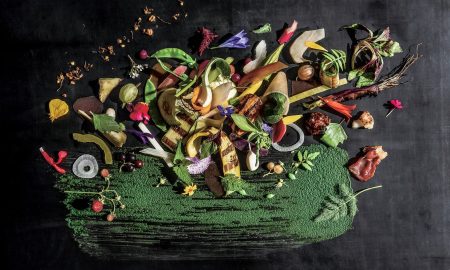


Pingback: Taste-testing alternative-protein burgers | KTCHNrebel
Pingback: Generation ABC - Play food from the future | KTCHNrebel
Pingback: A taste for change | KTCHNrebel